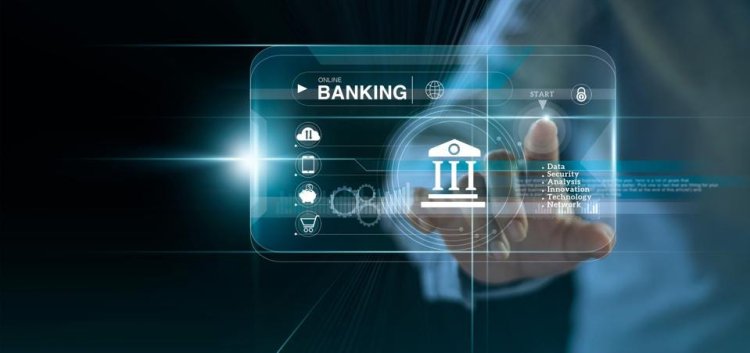Central Bank issues rules for licensing, monitoring and supervising digital banks
Banking services they provide through digital channels or platforms using modern technological technologies.

The Central Bank issued the rules for licensing, registering, monitoring and supervising digital banks, which represents an important step in keeping pace with global developments in the financial technology industry and meeting the needs of customers in the Egyptian market.
The new rules come in light of the provisions of the Central Bank and Banking System Law promulgated by Law No. 194 of 2020, which dealt with the concept of digital banks and the banking services they provide through digital channels or platforms using modern technological technologies.

Licensing requirements for digital banks
According to the Central Bank’s statement, the licensing requirements for digital banks include that the issued and paid-up capital not be less than 2 billion in the event that all banking business is practiced, with the exception of financing large companies, with the possibility of financing these companies, provided that the capital is increased to 4 billion pounds, as well as that the largest shareholder is an institution. A financial institution with a previous business in similar activities by not less than 30% of the total capital value.
The statement indicated that among the requirements for obtaining the license mentioned is the submission of a detailed feasibility study that includes identifying the target segments and the products that are planned to be made available.
As well as information technology plans, and cybersecurity plans and strategies, noting that digital banks are subject to the same rules and controls for control and supervision applied to banks operating in the Arab Republic of Egypt, and the same laws and controls for combating money laundering and terrorist financing, in addition to some other requirements consistent with the nature of their work.

Promote financial inclusion
These instructions support the realization of the state’s vision of transforming into a society less dependent on cash, and also work to enhance financial inclusion, and create a supportive climate for the financial technology industry, whereby digital banks develop and provide banking products and services in a distinct manner from a distance and with high quality commensurate with the needs of all segments of society, Including micro, small and medium enterprises and youth, with the aim of facilitating access to these products and services in a quick and easy way.
Digital bank
Earlier, 6 banks operating in the Egyptian market applied to obtain a license to establish a digital bank, including two government banks, namely the National Bank of Egypt, Banque Misr, 3 Gulf banks, Qatar National Bank of Egypt (QNB), Arab Banking Corporation ABC, Emirates NBD, and Faisal Islamic Bank of Egypt.
Digital banks, which are located on the information network, provide all their services via the Internet only and include some transactional functions of the basic banking system provided by all traditional banks, such as opening current and saving accounts, as well as offering long and short-term savings pools, and personal loans.
In addition to cash withdrawals, money transfers, managing accounts, paying bills, it also engages in financing small, medium and micro enterprises, as well as financing institutions and factories, in addition to other productive sectors.

Advantages of digital banks
1. The Union of Arab Banks identified the advantages of digital banks, the most important of which are:
2. Easy access and new clients.
3. Lower operational cost, IT cost, etc.
4. Ease of use by customers with those banks.
5. Digital banks provide services to their customers without the need to go to branches and overcrowding.
6. It provided a set of new services, "issuing real-time spending notifications, 24/7 in-app support, free payments when traveling, regular spending reports, spending forecasts, partnerships with other financial applications and services, life insurance."


 Shrouq
Shrouq 












